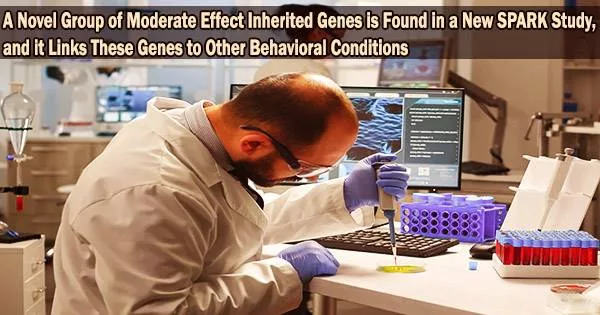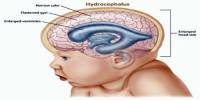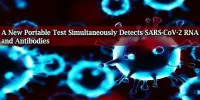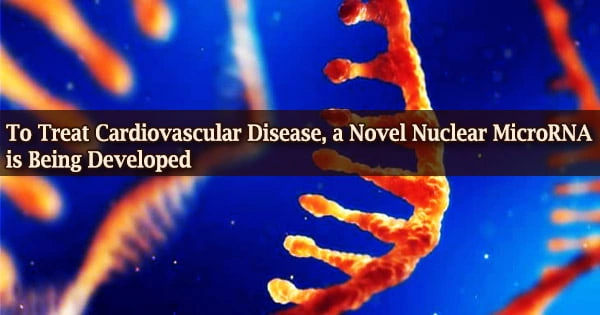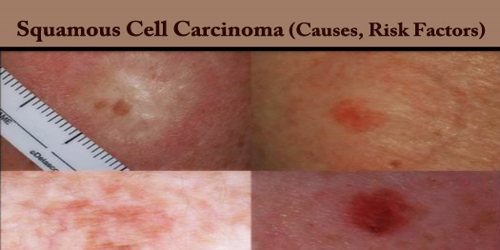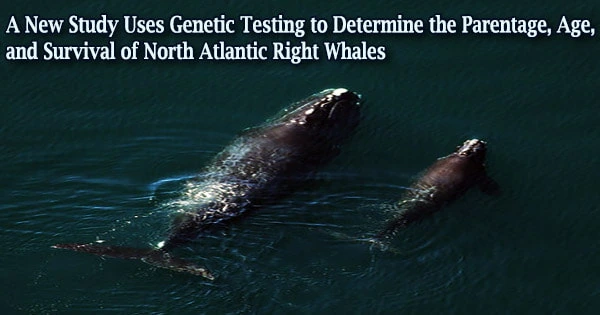Researchers used information from the SPARK (Simons Powering Autism Research) research cohort, which was established to advance our understanding of the complex genetics of autism and contains genetic information from almost 43,000 people with autism, in a series of articles that were published in the journal Nature Genetics. The findings demonstrate that individuals throughout the autism spectrum have different genetic impacts.
“Autism is a spectrum, and includes individuals with profound autism who often have cognitive differences and/or epilepsy, as well as individuals who are talented and exceptional, often in specific areas. We are now appreciating that the genetic contributions to different phenotypes vary in terms of the genes involved; when those genes are activated during brain development; and how common some of the genetic variants are in the population,” said Wendy Chung, M.D., Ph.D., principal investigator of SPARK.
One study, “Integrating de novo and inherited variants in 42,607 autism cases identifies mutations in new moderate effect genes,” was published in Nature Genetics on August 18, 2022.
As part of SPARK’s ongoing endeavor to comprehend the complete spectrum of autism genetics, researchers examined the DNA of nearly 43,000 autistic individuals, including 35,000 participants from the SPARK autism research study. Researchers were able to isolate a collection of novel “moderate-effect” genes that frequently cause autism through inherited variations thanks to the largest autism cohort ever.
Despite the fact that de novo variations (DNVs), which spontaneously develop in germ cells before to conception and are not inherited, have predominantly been found in autism genes in earlier studies, it is well known that autism is heritable. The majority of these variations are connected to further neurodevelopmental disorders (NDDs).
The majority of these genetic variations that are linked to autism have significant consequences on the brains of persons who carry them. Only 20% of autistic people have this particular genetic variation, though.
“For many years, we have known from twin studies that there must be inherited genetic variants that lead to autism, but we have not been able to systematically identify individual genes until now,” said lead author Pamela Feliciano, Ph.D., SPARK’s scientific director. “We have now identified a group of genes associated with autism, that can include inherited variants, which begin to explain a different part of the autism spectrum.”
The researchers studied 19,843 persons with autism and one or both of their biological parents to better understand the whole spectrum of autism genes. They discovered that almost 20% of those with autism have de novo genetic variations that change the function of the linked gene.
The spectrum of symptom severity in ASD is attributable to a spectrum of genetic influence. People who meet diagnostic criteria for autism may have the most genetic factors for autism, but these types of factors are present to varying degrees in all of us. We are all somewhere on a continuum.
Jonathan Sebat
This genetic component can be linked to known genes for autism or neurodevelopmental disorders to a degree of close to 70%. The bulk of de novo variations are caused by known genes connected with autism, however there are still other genes that need to be found.
The researchers then included 236,000 persons without autism and 22,764 additional people with autism from the general population. In this meta-analysis, scientists found 60 autism genes, the majority of which are caused by uncommon hereditary loss of function (LOF) variations passed down from parents who do not have autism or cognitive impairments. Five of these genes have not yet been connected to neurodevelopmental disorders.
People with autism who carry LOF variants in well-known autism genes like CHD8 and SCN2A are more likely to show cognitive deficits than people with autism who carry inherited variants in similar “moderate effect” genes.
“The majority of parents who passed down these genetic variants in our study do not have cognitive differences or autism, but we know that these genes are associated with autism because we find that these variants are more frequently inherited by children with autism. We hypothesized that people with autism who have these inherited genetic variants are not as likely to have seizures and cognitive differences as people with de novo genetic variants. So far our data strongly supports this hypothesis,” said Dr. Feliciano.
The SPARK cohort’s reach
A second study also published in Nature Genetics, “Rare coding variation provides insight into the genetic architecture and phenotypic context of autism,” led by a team of investigators supported by the Simons Foundation Autism Research Initiative (SFARI) and the Autism Sequencing Consortium (ASC), performed analyses on genetic data from 20,627 people with autism, with new genetic data derived primarily from SPARK.
The team found 72 genes linked to autism and established novel techniques to identify gains and losses of DNA, or copy number variants (CNVs), from exome sequencing. They then developed techniques to integrate data from these CNVs with other classes of de novo and uncommon hereditary variants.
Rare inherited variants made lesser but still significant contributions, with de novo variants providing the majority of the evidence. The data from the autism studies was then joined with a sizable dataset of 31,000 families whose children had been identified as having developmental delay and/or other neurological disorders.
The research was able to find genes that were more strongly related with autism than with other neurodevelopmental problems, and vice versa, thanks to the 373 genes that were shown to be associated with these various neurodevelopmental outcomes through these analyses. They discovered that while autism genes typically play a function in more developed neurons, genes associated primarily with developmental delay appear to be relevant in early neuronal development.
The study’s senior author, Michael Talkowski, Ph.D., director, Center for Genomic Medicine at Massachusetts General Hospital and member of the Broad Institute, noted that “the scale of the data collections from SPARK, the ASC and other sources as well as the newly developed methods has allowed us to explore the relative contribution of the diverse classes of genetic variants that contribute to a continuum of neurodevelopmental variability across these datasets. These analyses suggested that most of the genes identified play a role veryearly in brain development, though the genes with higher mutation rates in autism displayed slightly greater enrichment in more mature excitatory neurons. There are so many new genes and insights into neurodevelopment to be pursued from these findings, and all of these discoveries were only possible due to the accessibility of the rich data that SPARK and other studies provide for the field.”
Finally, two other studies (Antaki et al, 2022, Warrier et al, 2022) appearing in a recent issue of Nature Genetics analyzed the SPARK datasets. These two studies made use of the ASC and SPARK whole genomes, exomes and single nucleotide polymorphism (SNP) genotypes to determine the contributions of multiple genetic factors to ASD, including de novo mutations, inherited rare variants, common polygenic variants, and sex.
The study by Antaki et al. found that different forms of genetic contributors are associated with different ASD symptoms, and that the wide variety of clinical presentations of individuals across the autism spectrum can be explained by the combinations of genetic factors they carry. Antaki also found that genetic contributors to ASD influence behavior in all family members, including parents and typically developing siblings.
Jonathan Sebat, Ph.D., professor of psychiatry and cellular and molecular medicine at UCSD and senior author on Antaki et al, said, “The spectrum of symptom severity in ASD is attributable to a spectrum of genetic influence. People who meet diagnostic criteria for autism may have the most genetic factors for autism, but these types of factors are present to varying degrees in all of us. We are all somewhere on a continuum.”
Together, the four publications offer fresh perspectives on the genetic causes of autism, an illness whose symptoms are so diverse that it has been challenging to comprehend its neural underpinnings. These new investigations will pave the road for a better understanding of this complex and widespread disorder, even if it is still unclear what exact brain chemicals and neural circuits cause autism.
About SPARK
SPARK (Simons Powering Autism Research), the world’s largest autism research study, has mobilized almost 300,000 participants including more than 100,000 people with autism to participate directly in scientific research, with more than 150,000 of their family members also enrolled as participants.
The SPARK community brings together individuals with autism and the top autism researchers in the world to advance research that is revealing the genetic roots of autism and informing the creation of specialized supports and treatments. SPARK’s ultimate goal is to power research to help people with autism live their fullest lives.
About SFARI
SFARI is a project supported by the Simons Foundation Autism Research Initiative. The goal of SFARI is to advance the understanding, identification, and management of autism spectrum diseases by supporting original, high-caliber, and pertinent research.
